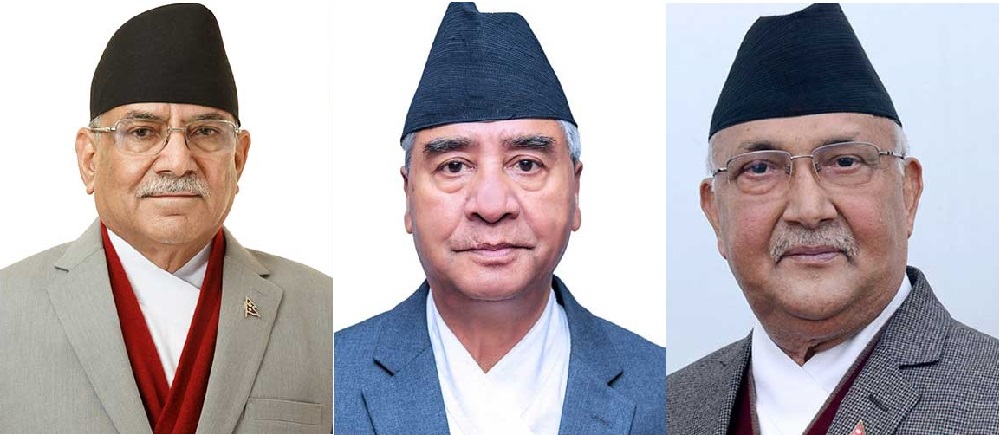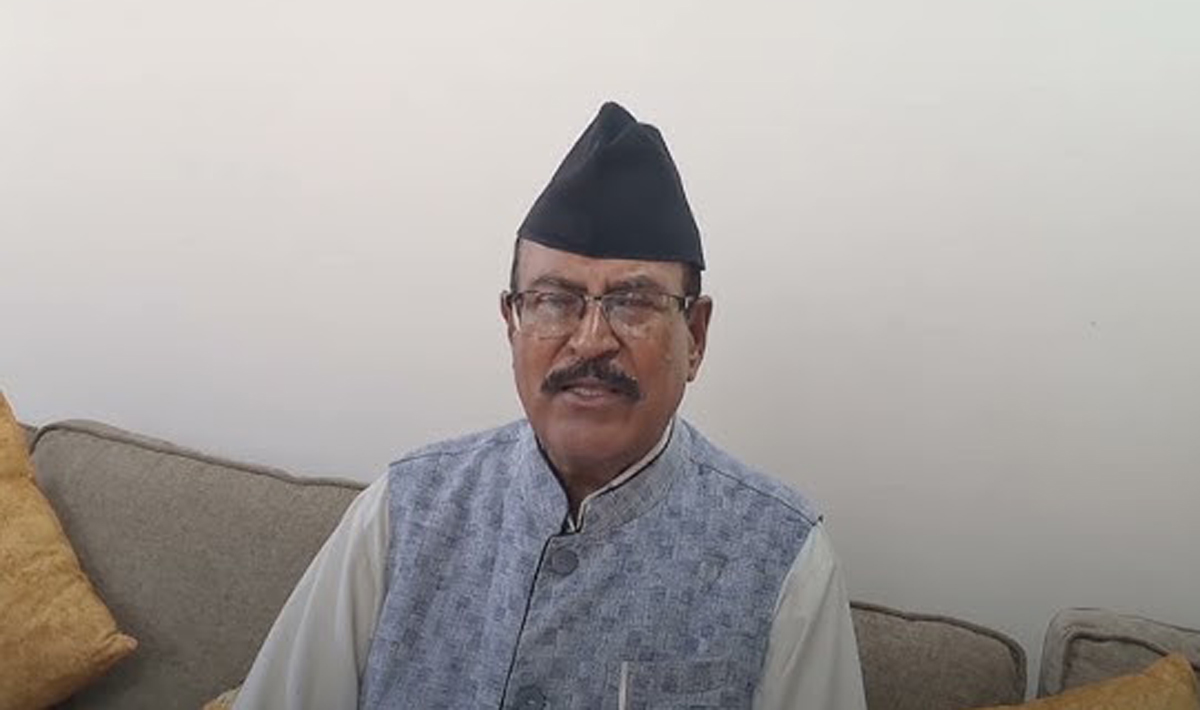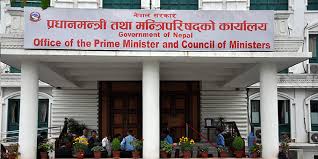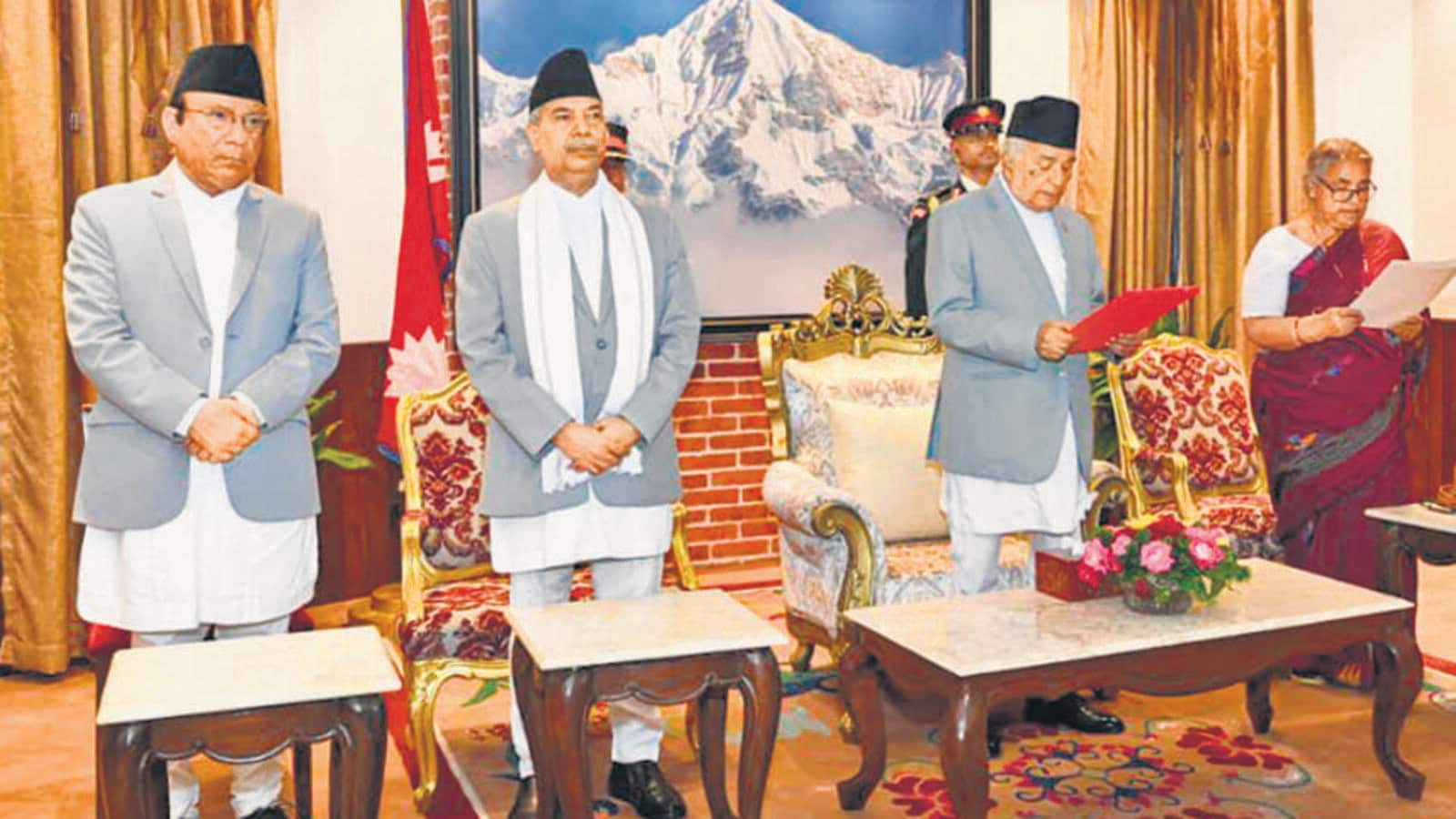
By Our Reporter
The recent violent clash in Kailali jail, which left one inmate dead and scores hurt, shows that Nepal's prison system has serious flaws. It's not only a mistake in maintain security. When criminals serving terms are allowed to conduct new crimes within jail walls, it speaks about the failure of prison management and the Home Ministry. People should go to prison to serve their time and change their ways. Instead, jails have become places where organized crime and gang wars have taken place.
In Nepal jails, certain inmates become gang leaders, managing others and even operating illicit businesses from inside. These so-called "leaders" fight for money and power, and some police and administrative staff may even turn a blind eye to it. Corruption and collaboration allow gangs to grow strong enough to take the entire prison hostage. The police's inability to even visit the Kailali prison during the violent conflict demonstrates exactly how much power these organizations possess.
Actually, prisons in Nepal have a lot of violent occurrences, which shows that they don't have enough security or surveillance. Prison authorities must know the internal issues properly, isolating individuals who retain grudges or belong to competing groups. But in Kailali's case, the government didn't keep these dangerous people separate or stop the attack, even though it was evident that problems was coming.
People who work in prisons and guards aren't the only ones who have responsibilities. The Home Ministry, which supervises jail management, must answer for this violent incident. The jail administration too is responsible for the incident. They seem unaware of seem looking to other direction when a gang culture is flourishing inside jails. Recently Chakre Milan, a notorious gang leader hosted sword-wielding birthday party in Kathmandu. He too is known for running his criminal activities from the jail which the police have been unable to restrain.
There are other problems in our prisons that need to be resolved soon. Overcrowded prisons filled with hardened offenders increase tensions, making violence more likely. Many offenders released on good behavior swiftly return to crime, indicating that the system’s rehabilitative efforts are ineffective. Continuous surveillance and strong public warnings about locations dominated by significant offenders could avert any violence taking place.
We must establish a system to track dangerous criminals after they leave jail and make prison management significantly more organized and open. Letting prisons fall into disorder not only endangers inmates but sends a worrisome signal to society that criminality can thrive even behind bars.
Fixing Nepal’s jails demands urgent action: stronger security, better division of rival groups, zero tolerance for corruption among personnel, and a firm commitment from the Home Ministry to take charge. Without this, violent clashes like Kailali’s will continue to take place.


















Comments:
Leave a Reply